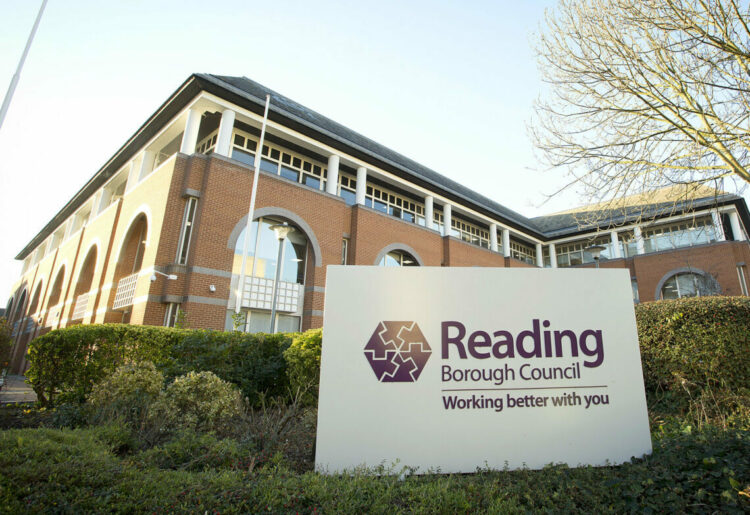READING Borough Council is set to block the use of planning laws in parts of Reading to stop “undemocratic” development, it has announced.
The council is seeking to introduce new policy which will prevent certain development rights from continuing without consultation.
Permitted Development Rights currently mean that changes can be made to a building without the need to apply for planning permission, and have been used to permit conversion of commercial and retail premises to residential properties.
While the council says that it is not against this kind of development in theory, it has noted that it opposes this use of PDR for a number of reasons.
It cites the difficulty experienced by those moving into residential conversions, which can prove to be inappropriate places to live due to noise disturbances and air quality.
It also notes that the conversion of commercial spaces often leads to poor-quality residences with little or no outdoor space, and often restricted to one-bedroom or studio apartments.
With more than 80% of PDR homes falling into this category, it is difficult for the council to continue to tackle the need for diverse sizes of homes, as laid out in its local plan.
It also cites the loss of commercial office space in Reading, with around 51,000 square metres already lost, with a further 31,000 set to be lost, leading to an impact on existing and prospective businesses.
It estimates that this has cost the town nearly 600 new, affordable homes, as well as at least £3.5 million in off-site contributions to affordable housing.
As well as this, nearly £4 million has been lost in planning fees and contributions to educations, leisure, and transport.
From mid-November, the council is seeking to introduce its Article 4 Direction, which will enforce the necessity for consultation of both the local neighbourhood and planning authorities.
Micky Leng, Reading Borough Council’s lead councillor for planning, said: “Having seen first-hand the detrimental impact the use of these planning laws can have on communities, Reading is now taking a stand.
“Owners and developers have been riding roughshod over the views of neighbours and the local planning process for too many years.
“Their motivation is profit and they often have little or no interest in the views of people who live in the vicinity of these developments.”
He continued: “I want to be clear– this is not the Council saying it is anti-development.”
He said that while the council was “acutely aware” of the need for more homes, particularly affordable homes, “this is about fairness.
“And ensuring all developments go through the correct democratic planning process, which should be the same process whether you are an owner or a larger developer.
“If agreed next week, the Article 4 Direction will come into effect on November 15 and would apply to a number of areas across the town, including in areas of Reading with poor air quality.
Mr Leng explained: “The idea behind the change is to give the Council and communities more control over developments through the planning process, to help protect the existing office and industrial supply and to guard against conversions which are harmful to local neighbourhoods.
“Importantly, it will also allow the consideration of other essential planning considerations – such as affordable housing or amenity space provision – which would not otherwise be possible with the PDR in force, and which I’m sure will be welcomed by all Councillors.”
He explained that the council was opposed to the introduction of office-to-residential office to PDR which were introduced in 2013.
Mr Leng said that it is “essential” the correct planning framework is in place nationally “to enable local councils to keep an overview of local planning decisions.
“Councils must retain the ability to insist that developers make an appropriate contribution to local infrastructure and affordable housing, as opposed to solely increasing their profit margins at our expense.”
The Secretary of State for the Department for Levelling Up, Housing and Communities retains powers to modify or cancel Article 4 Directions.
Council officers have engaged in discussions with the DLUHC about “reducing the scope” of the original proposals, but has not yet come to an agreement.
























